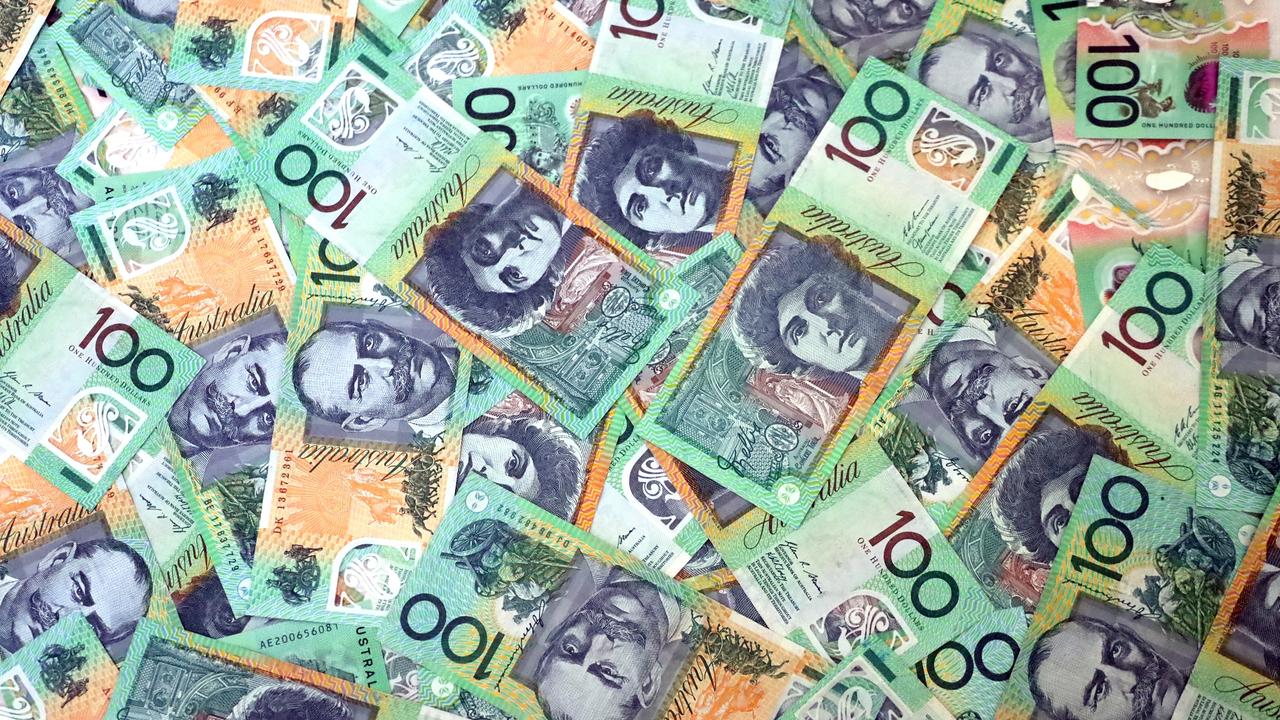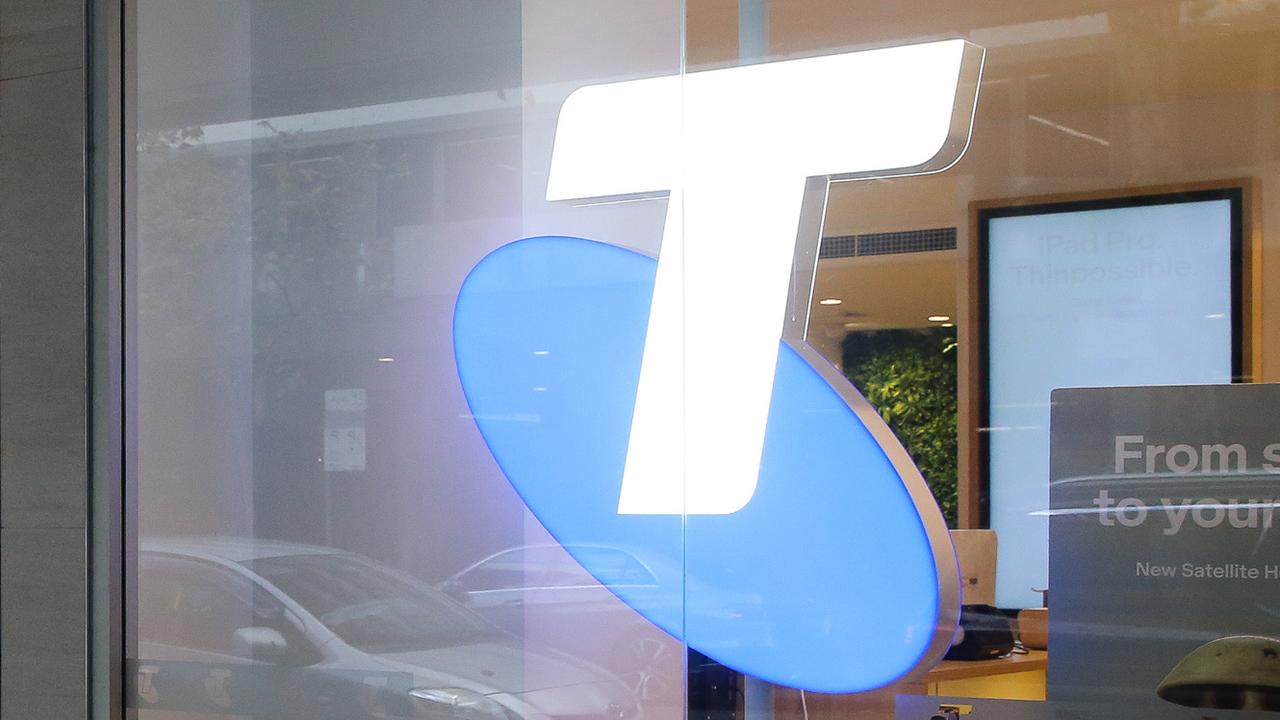‘Softer economic data’: CBA calls for early rate cut
Commonwealth Bank predicts homeowners will get an early Christmas present, with a rate cut coming in December.
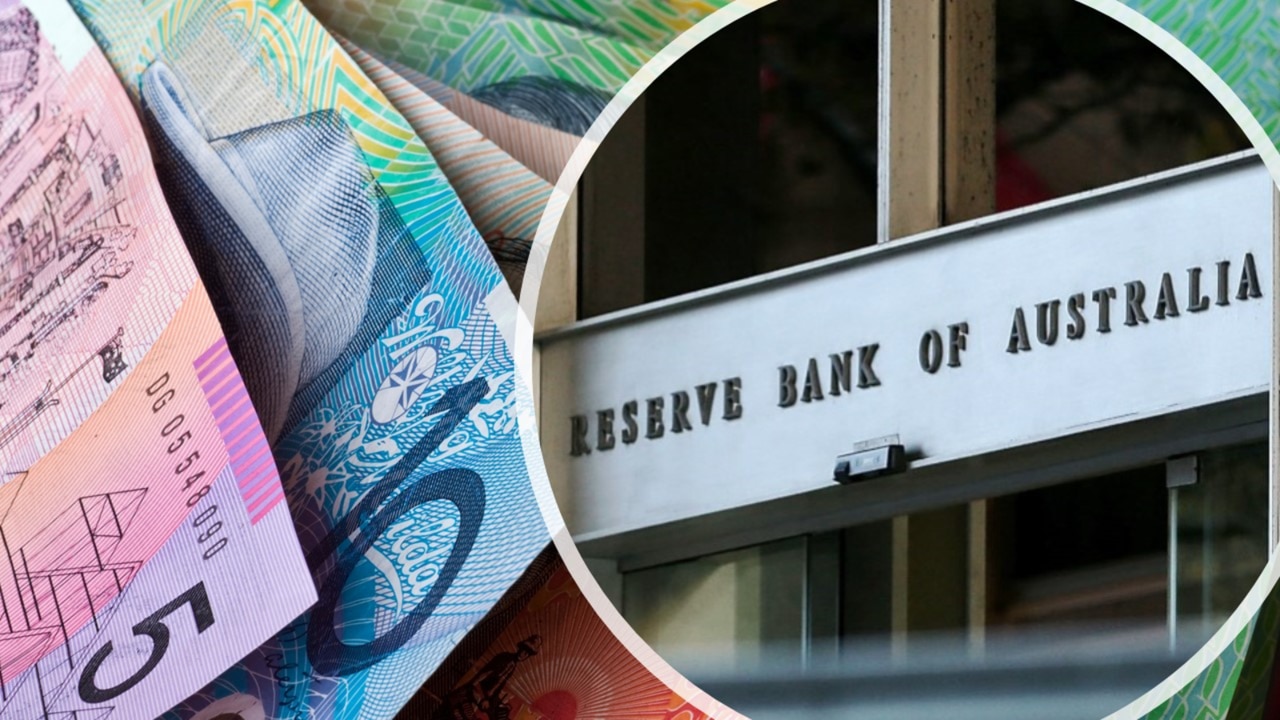
Australia’s largest bank has added pressure on the Reserve Bank of Australia, reaffirming its prediction of a rate cut in December.
The call from Commonwealth Bank of Australia (CBA) comes after consumer spending fell sharply in September, even with major events including the AFL and NRL grand finals.
CBA chief economist Stephen Halmarick pointed to worsening economic conditions, with CommBank data showing consumer spending fell off a cliff in September. The CommBank Household Spending Insights (HSI) Index declined 0.7 per cent in September to 146.7.
“We remain of the view that softer economic data (including softer relative to RBA expectations), a further deceleration in inflation and the easing of monetary policy by many other major central banks will see the RBA begin to cut interest rates later in 2024, with our base case now for a December rate cut,” Mr Halmarick said.
Commonwealth Bank said some of the fall was in line with expected “payback” from a strong August result, with consumers spending 1.6 per cent more, mostly due to Father’s Day being on September 1.
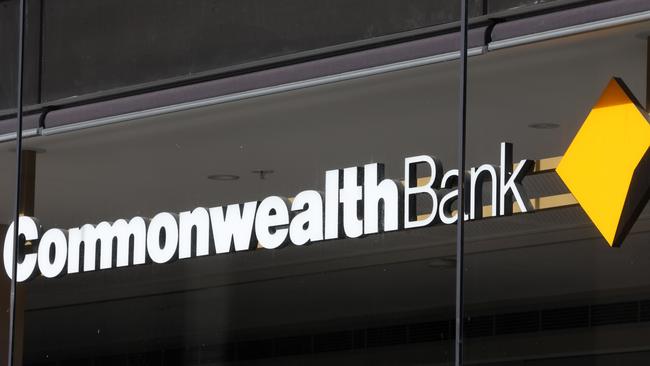
Overall, spending was weak across September, with spending on recreation being the bright spot in the numbers.
This was largely driven by an 18 per cent surge in ticketing services as sports fans snapped up tickets to the AFL and NRL grand finals. Spending on education and insurance also rose, each up by 0.7 per cent, over the month.
Mr Halmarick said HSI data suggested income tax cuts were being spent on bills instead of flowing through to the economy.
“The spending slowdown in September was expected after an early Father’s Day led to consumers splashing out on household goods and hospitality for dad,” he explained.
“Although we saw a rise in recreation spending associated with the AFL and NRL grand finals, consumer spending overall remains subdued, now growing at just over 2 per cent for the year.”

While CBA’s latest call suggests a rate cut could be an early Christmas gift for homeowners, the RBA and the markets remain at odds.
The RBA board meeting minutes for September repeated “monetary policy would need to be sufficiently restrictive until members were confident that inflation was moving sustainably towards the target range”.
Although markets are clinging onto a change in language where the board deleted a line used in August that “it was unlikely that the cash rate target would be reduced in the short-term”.
The market has priced in 50 basis point cuts by July 2025 and 75 basis points by the end of 2025, bringing the official cash rate down to 3.6 per cent.
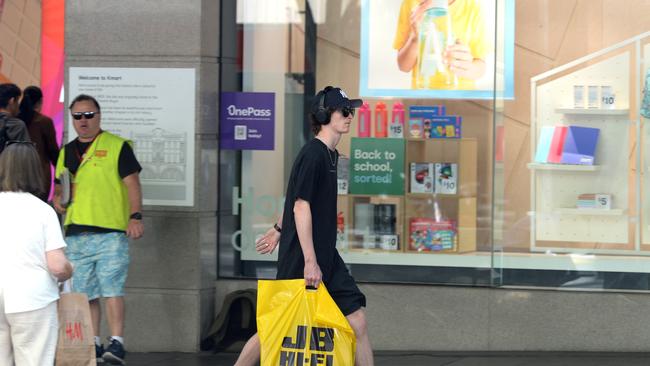
Renters are being left behind
Renters are bearing the brunt of the cost-of-living crisis, the only group who have reduced their spending since the start of the year.
The HSI shows renters have the weakest spending growth, down by ‑1.1 per cent for the year to September (in original terms).
Meanwhile spending by those with a mortgage is up 1.2 per cent for the year and by 2.3 per cent for the year for those who own their home outright.
According to the report, renters are cutting back across transportation, household services, hospitality, food and beverages, recreation and motor vehicles as they try to make ends meet.
The data follows a report by Everybody’s Home that showed the shocking annual rise in rents since Covid-19.
The data revealed renters spent on average almost $15,000 more a year to rent a home since January 2020, but for people living in Sydney and Perth, that amount was in excess of $18,000 a year.
Everybody’s Home spokeswoman Maiy Azize said the biggest cost-of-living expense for most people living in Australia was keeping a roof over their head.
“People are sacrificing the necessities to afford the rent, living in appalling unhealthy conditions because there’s nowhere else for them to go, and ditching important life decisions because of housing insecurity,” Ms Azize said.
“Australians are being priced out of the cities where they work which can affect the liveability of our cities and the quality of essential services.”
Originally published as ‘Softer economic data’: CBA calls for early rate cut

